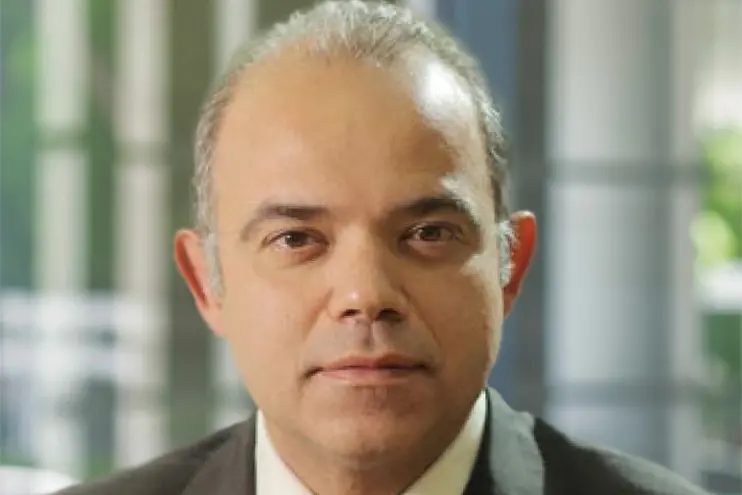PHOTO
The Global South should not be penalised by the North while trying to mitigate carbon emissions, but should rather receive acknowledgement for the work they are doing to improve in the area, Mohamed Farid Saleh, Executive Chairman of the Financial Regulatory Authority of Egypt and Vice Chairman of International Organization of Securities Commissions (IOSCO) said on Friday at an event on the sidelines of the COP28 in Dubai.
He said like the Carbon Border Adjustment Mechanism (CBAM), a climate measure that's being implemented in the European Union, the efforts of the South with regards to carbon credits and carbon markets should be approved as an instrument to mitigate and compensate for any additional carbon emissions by exporters.
Speaking at a session "Scaling up Voluntary Carbon Markets in Global South: Challenges and Opportunities" organised by the Egyptian Financial Authority, Saleh said it was important for companies and entities to measure their carbon emissions before they began to mitigate them. "The starting point from our point of view as regulators... is to have a reporting framework for sustainability agenda and for carbon credits and carbon emissions with methodologies that can be referred to by all companies."
Voluntary carbon markets allow carbon emitters to offset their emissions by purchasing carbon credits emitted by projects that aim to remove or reduce greenhouse gas from the atmosphere.
Saleh said as carbon credit, vital in any carbon trade, is a hybrid instrument with both environmental and financial aspects to it, building any regulatory framework around it wasn't easy. "Because this is one of the main bottlenecks for carbon markets, without tackling validation and verification, regulatory frameworks and bodies to implement the regulations... it would be very difficult to scale up to the monetary markets level that we want."
Javier Manzanares, Deputy Executive Director for Green Climate Fund and a World Bank expert, said, "(In carbon trading) we're dealing with a market that lacks in transparency. We're dealing with a market that does not provide fairness, and does not provide protection to investors, does not provide protection to stakeholders."
He recommended that supervision and oversight be improved to tackle at least a number of key performance indicators. Price discovery interactions between buyers and sellers of voluntary carbon credits are especially needed, he added.
He said if we are to scale up voluntary carbon markets, "we need to indeed bring banks, financial intermediaries, institutional investors into the business of carbon credits and they will not to participate in this market until we tackle the inefficiencies, the lack of price transparency..."
(Reporting by Brinda Darasha; editing by Daniel Luiz)





















